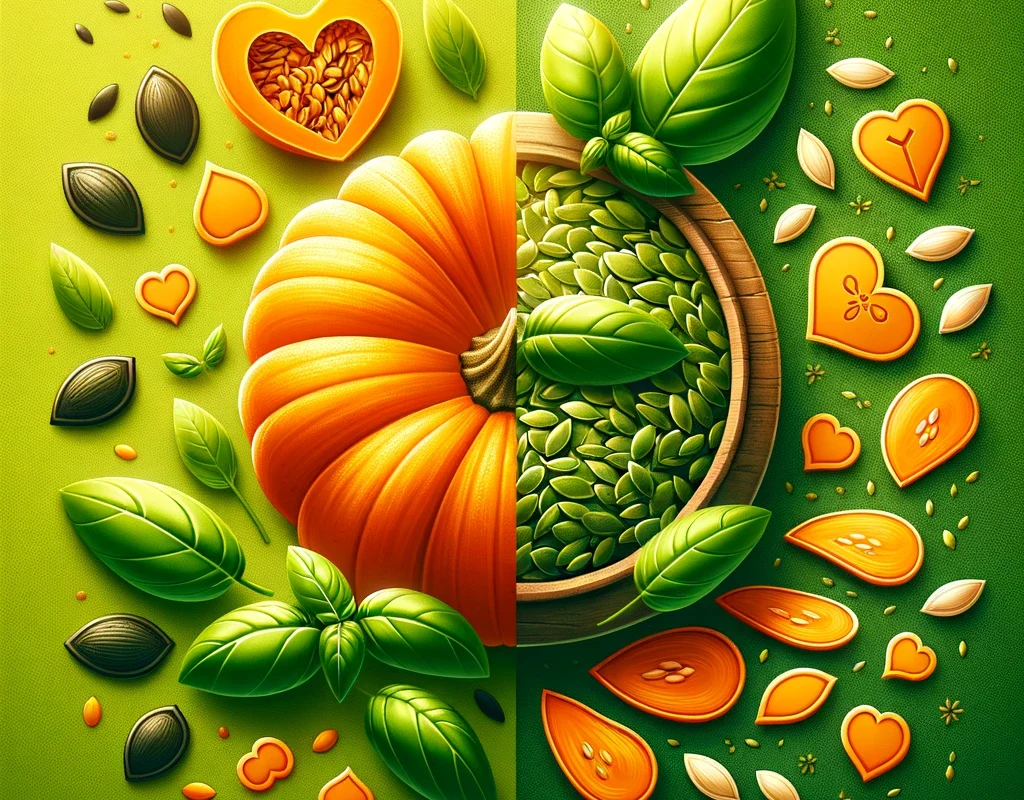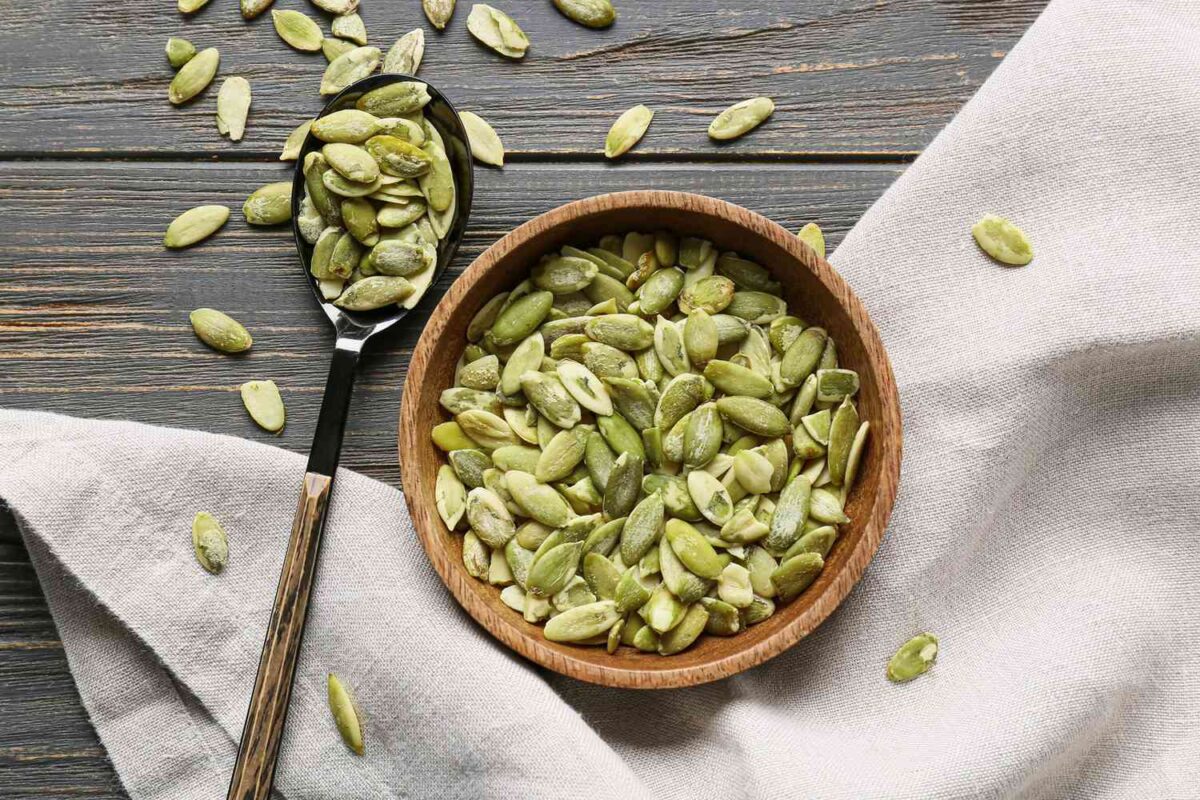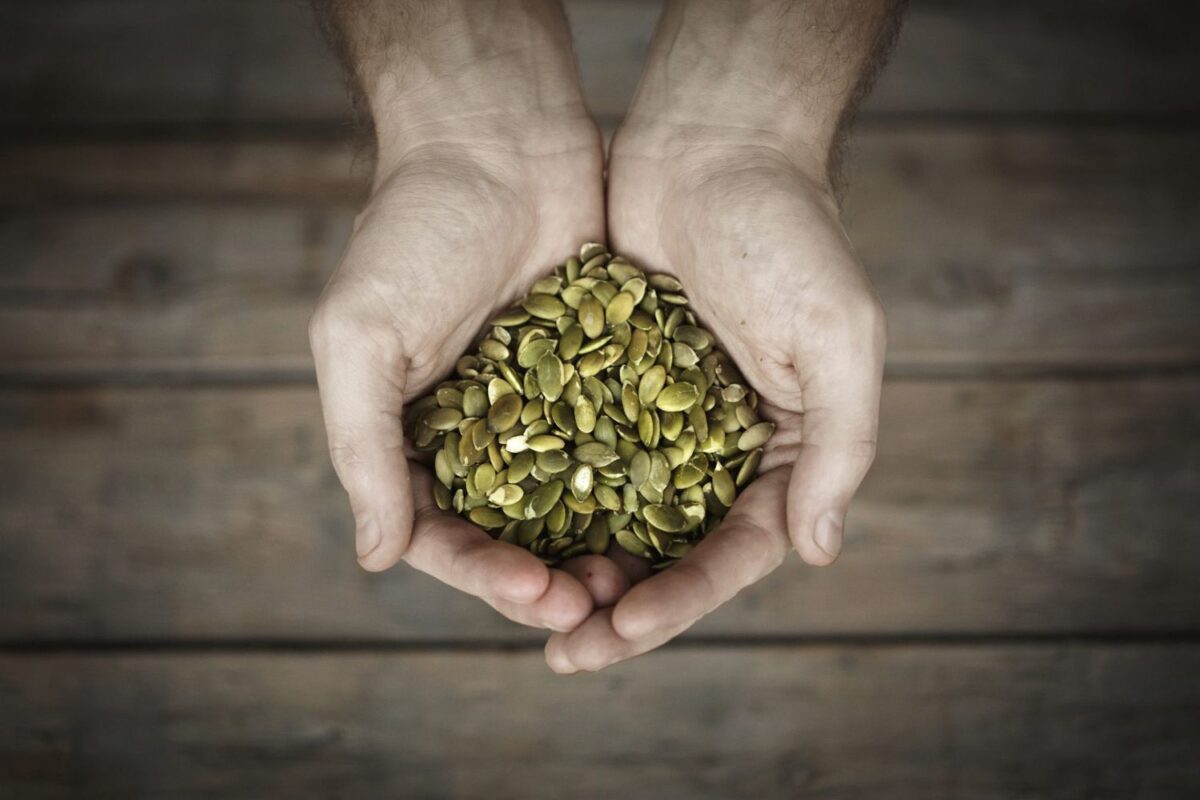Seeds are often hailed as nutritional powerhouses, offering an abundance of health benefits in small, versatile packages. Among the myriad of options, pumpkin seeds and sunflower seeds stand out for their distinctive nutritional profiles and health-enhancing properties. This comparison aims to delve into the nuances of these seeds, shedding light on their nutritional value, health benefits, culinary versatility, and more. As consumers increasingly seek healthier dietary options, understanding the unique attributes of pumpkin seeds and sunflower seeds becomes essential for making informed food choices.
Pumpkin seeds, also known as pepitas, are harvested from the insides of pumpkins. They are noted for their crunchy texture and slightly nutty flavor, making them a popular snack and culinary addition. On the other hand, sunflower seeds, derived from the center of the sunflower, are cherished for their mild, nutty taste and firm texture. Both seeds can be enjoyed raw, roasted, or incorporated into a variety of dishes, offering not only enhanced flavors but also a boost in nutritional value to everyday meals.
The decision between pumpkin seeds and sunflower seeds does not have to be an either/or scenario, as both offer significant health benefits and nutritional components. However, by comparing their nutritional profiles, health impacts, and culinary uses, individuals can tailor their diet to better meet their health objectives and palate preferences. This article aims to provide a thorough comparison, enabling readers to appreciate the nuances and advantages of each seed type.
Nutritional Profile
Pumpkin seeds are a rich source of essential nutrients, including magnesium, iron, zinc, and copper. They also boast a high protein content, making them an excellent snack for those looking to increase their protein intake. Additionally, pumpkin seeds are a good source of dietary fiber, which aids in digestive health. Their oil is rich in healthy fats, specifically omega-3 and omega-6 fatty acids, contributing to cardiovascular health. The nutritional density of pumpkin seeds makes them an invaluable addition to a balanced diet.
Sunflower seeds, in comparison, are laden with vitamin E, a potent antioxidant that plays a critical role in skin health and immune function. They are also a good source of selenium, a mineral known for its antioxidant properties and its contribution to thyroid health. Like pumpkin seeds, sunflower seeds offer a healthy dose of protein and fiber, along with beneficial fats. However, they are particularly notable for their high content of linoleic acid, an essential fatty acid that supports heart health.
Analyzing the nutritional content of both seeds reveals that while they share some common benefits, such as being high in protein and healthy fats, they also possess unique nutrients that can cater to different health needs. For instance, individuals looking to boost their intake of magnesium or zinc might lean towards pumpkin seeds, while those seeking vitamin E and selenium might prefer sunflower seeds. This variety allows for dietary customization based on individual health goals and nutritional requirements.
Health Benefits
The consumption of pumpkin seeds has been linked to numerous health benefits. Their high magnesium content contributes to heart health and has been shown to regulate blood pressure. The zinc in pumpkin seeds plays a vital role in immune support, skin health, and wound healing. Furthermore, pumpkin seeds contain tryptophan, an amino acid that can help improve sleep quality. These seeds are also associated with a reduced risk of certain cancers, thanks to their phytoestrogen content, which can help balance hormones in the body.
Sunflower seeds, with their rich vitamin E content, offer powerful antioxidant properties that protect cells from oxidative stress, reducing the risk of chronic diseases such as heart disease and cancer. The selenium found in sunflower seeds supports thyroid function and boosts immunity. Additionally, the fatty acids in sunflower seeds are beneficial for heart health, helping to lower LDL cholesterol levels and reduce inflammation. Regular consumption of sunflower seeds can also aid in blood sugar regulation, making them a wise choice for individuals managing diabetes.
Both pumpkin and sunflower seeds exhibit properties that can improve mental health. The magnesium in pumpkin seeds and the fatty acids in sunflower seeds have been linked to mood regulation and the reduction of stress and anxiety. Including these seeds in one’s diet can contribute to a holistic approach to health, addressing not only physical but also mental well-being. Their versatile health benefits make pumpkin and sunflower seeds valuable components of a nutritious diet, capable of supporting a wide range of health objectives.
Culinary Uses
Pumpkin seeds offer a delightful crunch and nutty flavor that can enhance a variety of dishes. They can be sprinkled over salads for added texture or mixed into bread and muffin recipes for a nutritional boost. Roasted pumpkin seeds, seasoned with spices, make a savory snack that is both satisfying and healthy. Additionally, pumpkin seed oil can be used in salad dressings or drizzled over cooked vegetables, providing a subtle nutty essence to meals.
Sunflower seeds, with their mild, nutty taste, are equally versatile in the kitchen. They can be incorporated into granola and cereal mixes, lending a satisfying crunch and a boost of nutrients. Sunflower seeds are also a popular topping for salads and yogurts, and their butter can be spread on toast or used in baking as a healthier fat option. For a twist, sunflower seeds can be added to pesto, providing a unique flavor and texture to the traditional recipe.
The culinary potential of pumpkin and sunflower seeds is vast, with both seeds capable of elevating the nutritional profile and taste of a wide array of dishes. Their versatility not only enhances the sensory experience of eating but also contributes to a more nutrient-dense diet. Experimenting with these seeds in various recipes can introduce enjoyable textures and flavors, making healthy eating both easy and delicious.
Availability and Sustainability
Pumpkin seeds and sunflower seeds are widely available, but their availability can vary seasonally. Pumpkin seeds are typically harvested in the fall, coinciding with the pumpkin growing season. This makes fresh pumpkin seeds especially abundant around this time of year, though dried and packaged pumpkin seeds can be found year-round in most health food stores and supermarkets. Sunflower seeds, being derived from sunflowers that bloom in the late summer, also have a specific harvest season but are similarly available throughout the year in their dried form. The global distribution of these seeds ensures that consumers can enjoy their health benefits regardless of the season.
Sustainability is an important consideration in the cultivation of both pumpkin and sunflower seeds. Sunflower seeds are known for their drought tolerance, making them a sustainable crop option in many parts of the world that face water scarcity. They require relatively low inputs in terms of water and fertilizers compared to other crops. Pumpkin cultivation, on the other hand, requires more water and space to grow, which can present sustainability challenges in regions with limited water resources. However, efforts to adopt more sustainable farming practices are underway to minimize environmental impacts while maximizing yield.
When considering the environmental footprint of these seeds, it’s important to look at factors such as the method of cultivation, transportation, and packaging. Choosing seeds from local sources or brands that prioritize organic and sustainable farming practices can help reduce the overall environmental impact. As consumers become more environmentally conscious, the demand for sustainably produced seeds is likely to increase, encouraging further innovations in sustainable agriculture practices for both pumpkin and sunflower seeds.
Cost Comparison
The cost of pumpkin seeds and sunflower seeds can vary widely depending on factors such as organic certification, brand, and place of purchase. Generally, sunflower seeds tend to be more affordable than pumpkin seeds, making them a budget-friendly option for those looking to incorporate seeds into their diet. The lower cost of sunflower seeds can be attributed to their ease of cultivation and higher yield per acre compared to pumpkins, which require more space and resources to grow.
Organic versions of both pumpkin and sunflower seeds are typically more expensive than their non-organic counterparts due to the higher costs associated with organic farming practices. However, many consumers are willing to pay a premium for organic seeds, valuing the absence of pesticides and genetically modified organisms (GMOs) in their food. Bulk purchasing can also offer cost savings for both types of seeds, making it an economical choice for those who consume seeds regularly.
It’s worth noting that while cost is an important consideration, the nutritional benefits and culinary versatility of both pumpkin and sunflower seeds provide significant value. Investing in quality seeds can contribute to a healthier diet and, potentially, long-term savings on healthcare costs by promoting overall well-being. Consumers should weigh the cost against the health benefits and choose the seed type that best fits their budget and nutritional needs.
Conclusion
Pumpkin seeds and sunflower seeds each offer unique nutritional benefits, culinary uses, and health advantages, making them valuable additions to a balanced diet. While pumpkin seeds are a rich source of minerals like magnesium and zinc, sunflower seeds excel in providing vitamin E and linoleic acid. Both seeds offer a range of health benefits, from improving heart health to supporting mental well-being, and can be easily incorporated into a variety of dishes to enhance flavor and nutritional content.
The choice between pumpkin seeds and sunflower seeds ultimately depends on individual health goals, dietary preferences, and budget considerations. By understanding the distinct characteristics of each seed type, consumers can make informed decisions that align with their nutritional needs and culinary preferences. Regardless of the choice, incorporating these seeds into one’s diet is a step towards a healthier, more nutrient-rich lifestyle.
In conclusion, the comparison between pumpkin seeds and sunflower seeds highlights the importance of diversity in a healthy diet. Both seeds have their place on the table, offering a blend of flavors, textures, and health benefits that can enrich our meals and our well-being. By embracing the variety and nutritional wealth of these seeds, individuals can enjoy the full spectrum of benefits they offer, making every meal not just a feast for the senses but also a boon for health.




